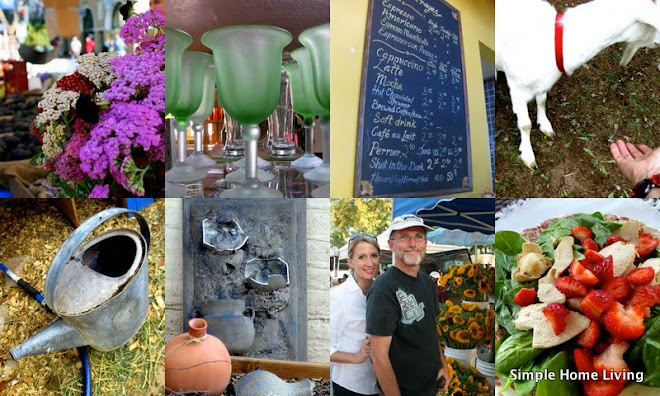But there he was one morning, pitchfork in hand, composting food scraps from the main chow line and coffee grounds from prison headquarters -- doing his part to "green" the prison.
"It's nice to be out in the elements," said Knowles, 42, stirring dark, rich compost that will amend the soil at the small farm where he and fellow inmates of the Cedar Creek Corrections Center grew 8,000 pounds of organic vegetables this year.
Inmates of the minimum-security facility, 25 miles from Olympia, the state capital, raise bees, grow organic tomatoes and lettuce, compost 100 percent of food waste and even recycle shoe scraps that are made into playground turf.
"It reduces cost, reduces our damaging impact on the environment, engages inmates as students," said Eldon Vail, secretary of the Washington Department of Corrections, which oversees 15 prisons and 18,000 offenders. "It's good security."
As around-the-clock operations, prisons are voracious resource hogs, and administrators are under increasing pressure to reduce waste and conserve energy and water.
In 2007, states spent more than $49 billion to feed, house, clothe, treat and supervise 2.3 million offenders, the Pew Center on the States reported this year.
As the prison population has grown this decade, up 76 percent from 1.3 million in 2000, the number of prisons and jails has risen with it. The latest U.S. Bureau of Justice data show 1,821 facilities in 2005, up from 1,668 in 2000.
While Cedar Creek went green out of economic necessity -- it had to conserve because it didn't have the wastewater capacity to expand four years ago -- it is now embracing other benefits, said Dan Pacholke, a state prison administrator who helped implement many of the practices.
Cedar Creek uses 250,000 fewer gallons of water a year, saves $6,000 to $8,400 annually on garbage bills and avoided a $1.4 million sewage treatment plant upgrade.
A large "Con-Post" marks the prison's composting station, made of recycled concrete blocks and reclaimed wood, where Knowles spends about six hours a day, making sure the compost gets enough heat, moisture and air to break down food scraps.
"They trust me to do all this with no supervision," said Knowles, who is serving time for the hit-and-run death of an off-duty police officer.
"I like growing the vegetables," Knowles said. "My mom had a garden. I can see having my own garden."
Read the article in its entirety here: http://www.usatoday.com/news/nation/2008-11-01-3438466893_x.htm







1 comments:
What a fantastic idea...especially for these men to find something that makes them feel "useful" and to contribute back to society...
Post a Comment